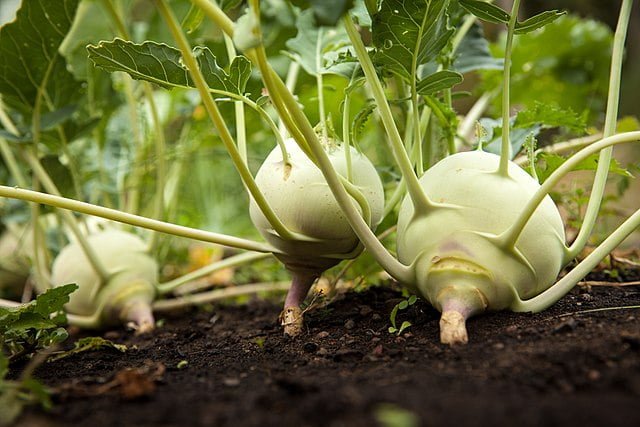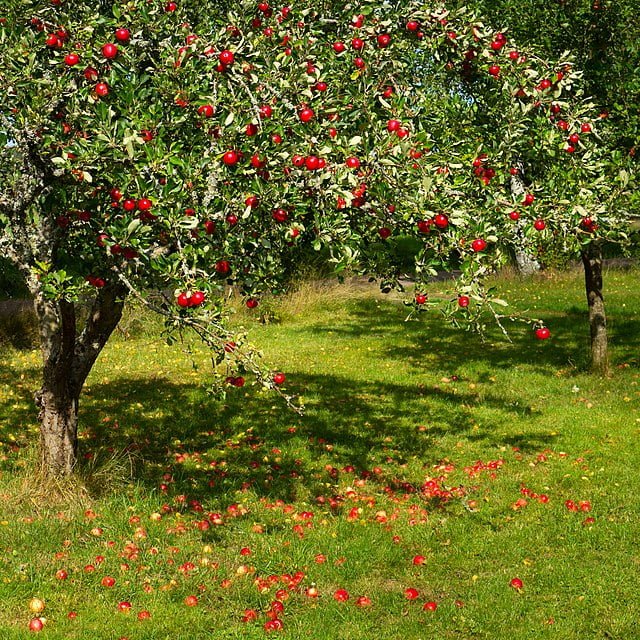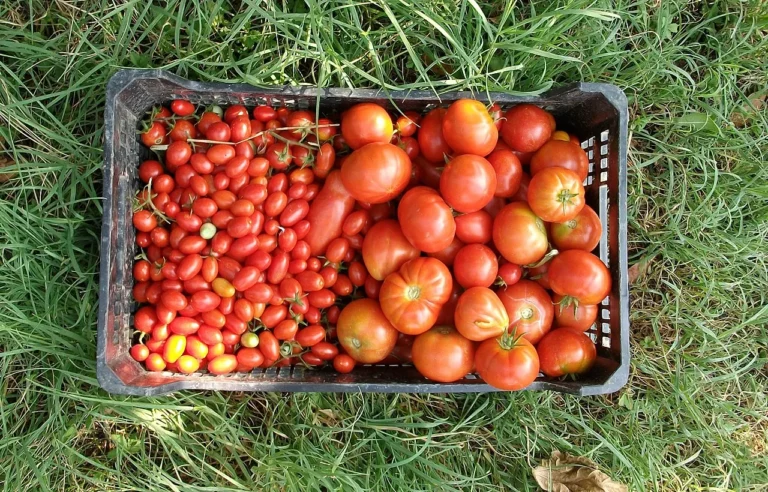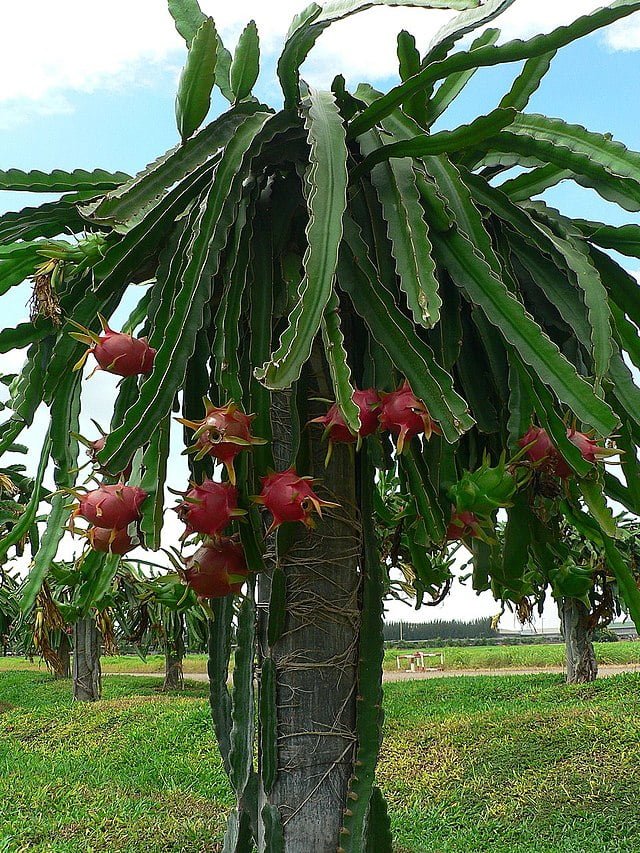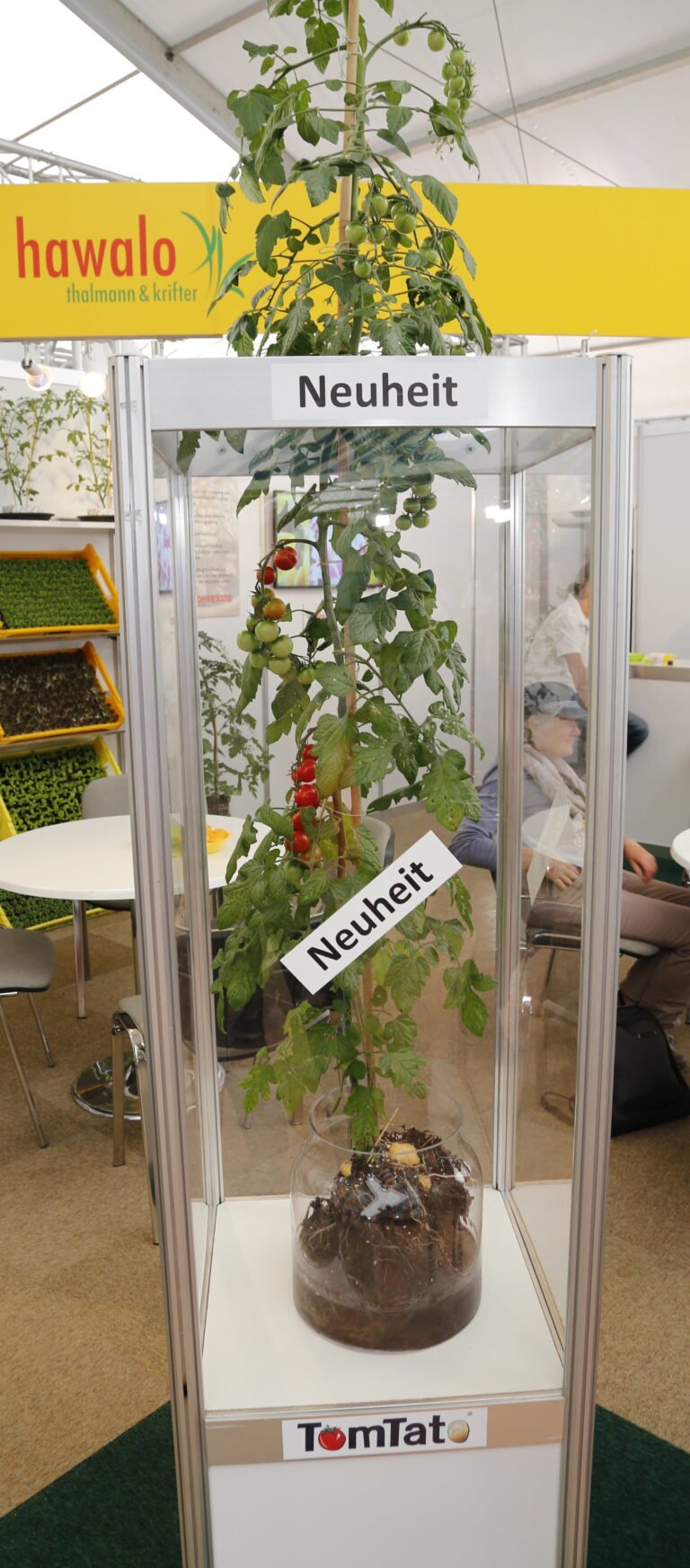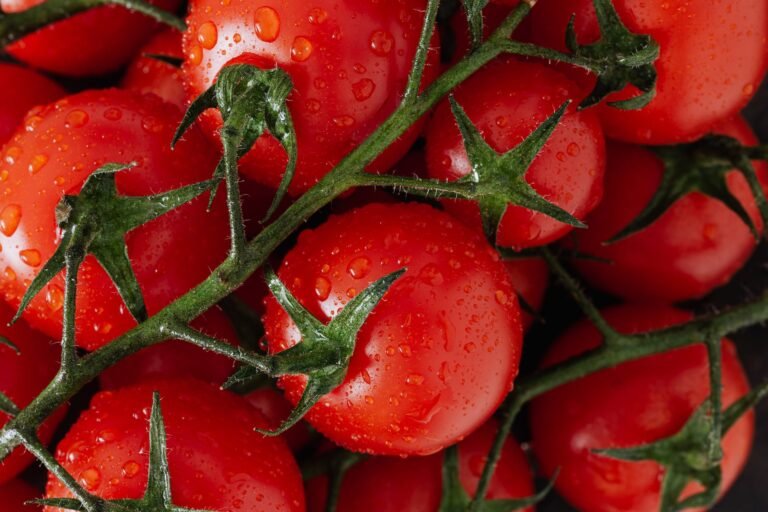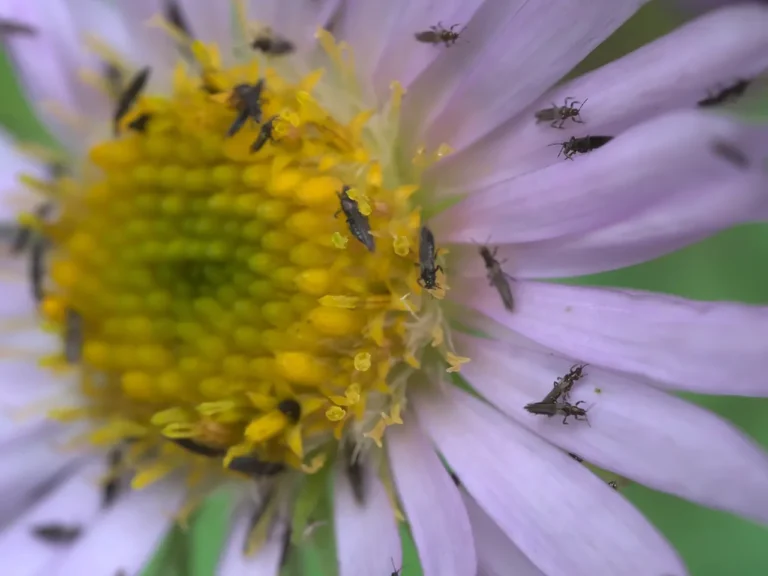Growing Kohlrabi: A Crunchy Delight From Your Garden
Kohlrabi, a member of the cabbage family, is an often overlooked, but incredibly rewarding vegetable to grow in your garden. Its taste, a blend of broccoli stem and radish, is a unique addition to a variety of dishes. Here’s a guide on how to grow and care for kohlrabi in your garden.
Choosing Your Kohlrabi
There are two primary types of kohlrabi: purple and green. The purple type is more disease resistant, while the green type can be slightly sweeter. Choose a variety based on your preference and the specific needs of your garden.
Planting Kohlrabi
- When to Plant: Kohlrabi thrives in cooler weather and can be planted in early spring or late summer for a fall harvest.
- Where to Plant: Choose a location with full sun and well-draining soil rich in organic matter.
- How to Plant: Plant seeds 1/4 to 1/2 inch deep, 10 seeds per foot. Rows should be 18 to 24 inches apart.
Caring for Kohlrabi
- Watering: Water your plants regularly, aiming for at least one inch of water per week.
- Thinning: Once seedlings are a few inches tall, thin them to 5 inches apart. This gives each plant plenty of room to develop its bulb.
- Fertilizing: Kohlrabi is a heavy feeder, so it will benefit from applications of a balanced vegetable fertilizer.
Harvesting Kohlrabi
- When to Harvest: Harvest kohlrabi when the first stem is 2 to 3 inches in diameter. This usually occurs 6 to 8 weeks after planting. Don’t wait too long to harvest, as oversized bulbs can become woody.
- How to Store: Cut off the leaves and store kohlrabi in the refrigerator for up to a month. The leaves can also be stored in the refrigerator and used within a few days.
Kohlrabi may be a lesser-known vegetable, but it’s an easy and productive crop to grow. Give it a try in your garden this year!

